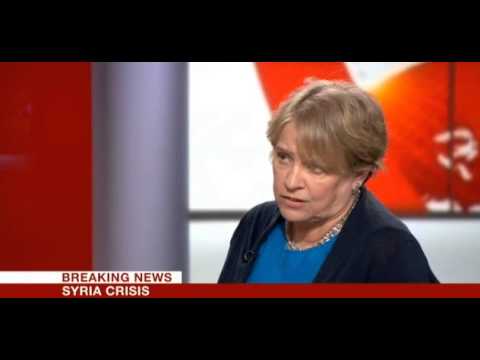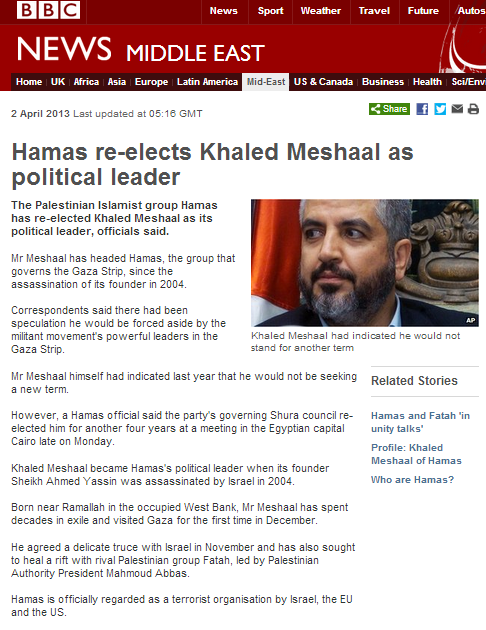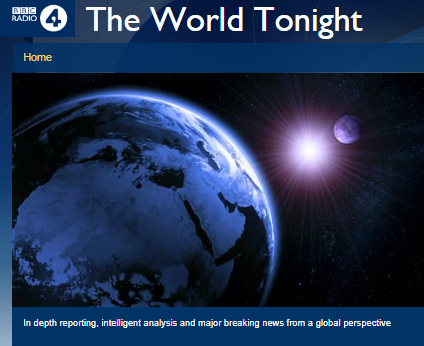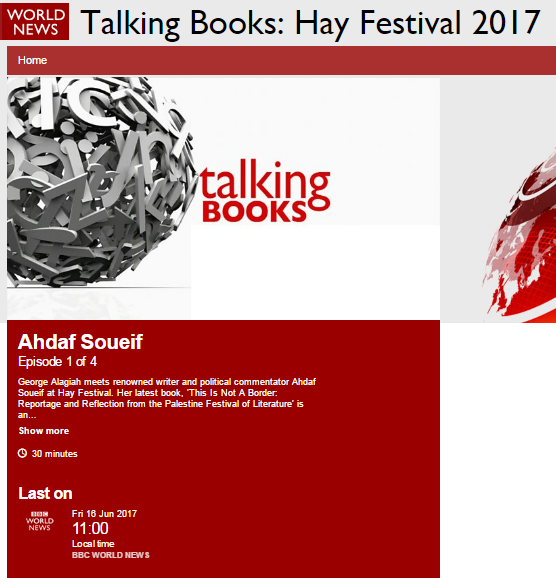During the summer of 2014 the BBC produced numerous reports about anti-Israel demonstrations organised or co-organised by the ‘Stop the War Coalition’ (StWC) but made no effort to inform its audiences of the agenda of that group or its partners.
“By failing to provide audiences with a comprehensive picture of the records and political agendas of the fringe groups which organized these demonstrations – along with the highly relevant topic of their links to repressive regimes in the Middle East – the BBC created the false impression that those demonstrations galvanized around a consensus issue for ordinary members of the British public. By refraining from reporting on the antisemitic imagery and slogans used on numerous occasions by some participants in the demonstrations, the BBC denied audiences a view of the real motivations underpinning their organization and messaging.
That, of course, is not journalism; it is self-conscription to giving a leg-up to a political cause.”
In its reporting on a more recent anti-Israel demonstration the BBC failed to document the StWC’s involvement or to inform audiences of the real aims of the event. When StWC members and officials appear – as they not infrequently do – in BBC programming, the BBC regularly fails to comply with its own editorial guideline stipulating that the “viewpoint” of interviewees should be clarified to audiences – as can be seen for example here.
The ‘Stop the War Coalition’ is currently in the news again after its former chairman turned Labour Party leader Jeremy Corbyn attended its recent fundraising event despite being urged by members of his party not to do so.
BBC reporting on that story includes “Jeremy Corbyn defends Stop the War Coalition” (December 7th), “Corbyn attends Stop the War dinner despite criticism” (December 11th) and “Stop the War defends Corbyn over fundraising dinner row” (December 12th).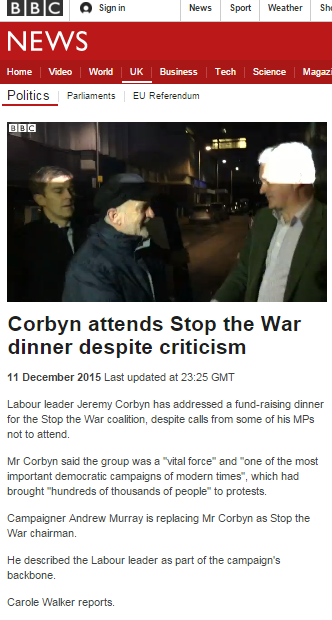
In those reports the organization is described by the BBC as “the anti-war group” despite there being ample evidence to show that the description is inaccurate. In addition to providing generous amplification of StWC messaging, two of the above reports note one particular aspect of the controversy surrounding Corbyn’s attendance at the event.
“Some Labour MPs urged Mr Corbyn to stay away from Friday’s event over concerns about a controversial blog posted by campaigners following attacks in Paris.[…]
A tweet and article published in the wake of the attacks on Paris last month suggested France had “reaped the whirlwind” of Western support for extremist violence in the Middle East.
Both were later removed and disowned by the organisation’s leaders, but critics have highlighted another article last week which argued jihadists were driven by a “spirit of internationalism and solidarity” akin to the International Brigades that fought in the Spanish Civil War.”
Interestingly, the BBC refrained from informing its audiences that the StWC’s purging of its website has included far more that the article mentioned above. As a look at this very useful collection of cached versions of articles the StWC has recently seen fit to censor shows, the outfit described as an “anti-war group” by the BBC has in the past told its devotees that it is “[t]ime to go to war with Israel”, spread conspiracy theories about the Munich Olympics massacre, promoted anti-Semitic tropes and claimed that the plight of the Yezidis on Mount Sinjar was “a false story” that was “inflated”.
We continue to await BBC reporting on that topic.

